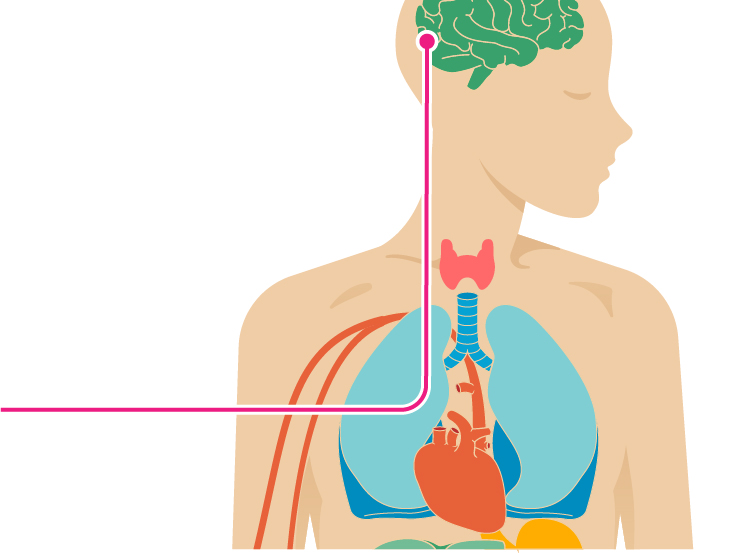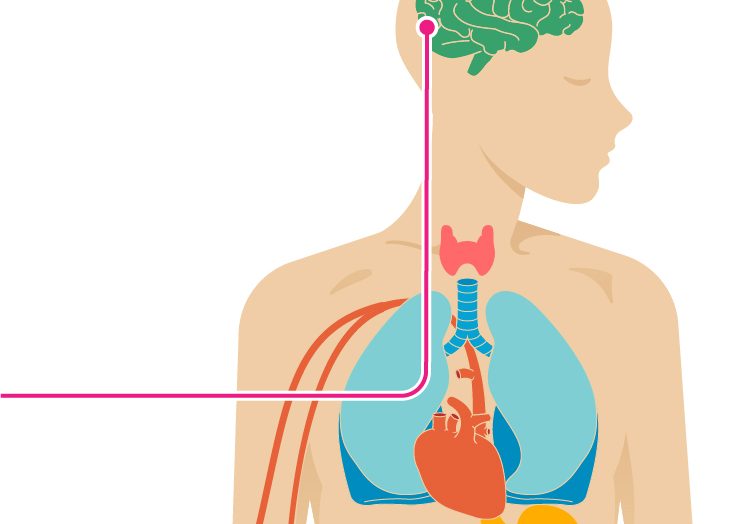
Alcohol addiction is known to have both short and long-term effects on an individual’s health and well-being. As a depressant, alcohol not only affects the brain, but also targets other organs of the body, such as heart, liver, and kidney. While alcohol is supposed to be consumed recreationally and is often considered normal to celebrate, relax, and socialize with a few drinks, developing an addiction to alcohol can have drastic impacts on the body system, affecting the brain in the long run.
Binge drinking and Alcohol and Driving are still serious issues but a little social drinking to boost those RDA’s is the way to go.
People experience varying symptoms of alcohol abuse. In order to maintain a healthy balance in lifestyle and habits, it becomes important to understand the kind and level of the impact alcohol has on your mind and body.
If you’re fighting alcohol dependency or known someone who is, please do not hesitate to get the necessary help, guidance, and treatments. It is advisable to get in touch with specialized rehab centers like Asana Recovery that help people fight and recover from alcohol addiction through counseling, medication, treatments and detoxification programs.
What are the signs of Alcohol Intoxication?
Whether it is you or a friend/family consuming alcohol, it is always best to keep an eye out for signs of alcohol intoxication. Most signs of intoxication are obvious and can be easily managed, such as-
- Headache
- Nausea
- Distorted speech
- Clumsy body movements, like unsteady standing and walking
- Loss of consciousness or awareness of surroundings
- Losing memory
- Distorted perceptions and senses
Short-term Effects
It is important to remember that every time you consume alcohol, it rapidly enters your bloodstream, which further affects the brain. Alcohol has short-term implications depending on the amount of alcohol consumption, a person’s body weight, age and sex, meal consumption and the rate at which alcohol is consumed. It is always safe to look out for signs of intoxication to avoid short-term effects of alcohol.
Alcohol toxicity and intolerance occur when an individual’s alcohol consumption reaches a certain level, leading to alcohol poisoning in the body. Confusion, memory lapse, loss of consciousness, slow breathing, low body temperature, and coma are signs of alcohol toxicity.
Hangovers are short-term implications of alcohol, with symptoms like headaches, nausea, restlessness, dry eyes, throat, and mouth, diarrhea, and fatigue.
Long-term Effects
While watching out for signs and symptoms can help avoid short-term effects, prolonged alcohol dependence and abuse may result in drastic long-term consequences. Long-term effects have greater implications on health and mind and must be taken seriously if the following signs and symptoms occur.
- Alcohol withdrawal symptoms like anxiety, mild body tremors, seizures, and insomnia
- Mood swings, hallucinations, and change of behavior
- Confusion, fatigue, and sleepiness
Alcohol consumption restricts the flow of oxygen and blood to the brain also has adverse effects on body organs like the liver and heart. Increased risk of cardiovascular diseases, damage to the heart muscles, liver diseases, and deficiencies in the immune system are associated with long-term alcohol addiction. Drinking too often may also cause bad stomach ulcers, especially when alcohol is consumed without meals, along with problems of pancreatitis. Long-term alcohol abuse increases the risks of cancer and may result in temporary or permanent brain and nerve damage in addicts. Alongside physical effects of alcoholism, excessive dependence on alcohol also causes psychological problems and mental disorders such as anxiety and depression.

